Good leaders communicate their team’s story, strategy and road to success. They then often invite their people to give responses.
One approach is to simply run a question and answer session. Sometimes this works, but there can also be silence, followed by a few people asking questions.
Another approach is to provide a framework that encourages people to channel their energies in a positive way. Let’s explore one approach to using such a framework.
Communicating The Strategy
Imagine you are gathering your team together to focus on the next year’s work.
You will have your own framework for making this happen. One approach, however, is to communicate the ‘What, Why, How, Who and When’.
Here is a framework that many leaders have used to communicate the strategy.
Inviting Responses and
Answering Questions
Let’s assume that you have communicated the strategy. If you wish, you can then take the following steps to get responses from the team.
Invite people to form groups. There is to be a scribe in each group. Ask people to give their responses under the following headings.
Like
The specific things they like about the strategy.
Additions and Suggestions
The specific additions and suggestions they have regarding the strategy.
Concerns and Questions
The specific concerns and questions they have about the strategy.
Success Rating
The present rating they would give regarding the chances of success – this to be done on a scale 0 – 10.
The specific things they believe people can do to maintain or improve the chances of success.
Give people at least 20 minutes to do the exercise. People’s ideas are to be written on a flip chart as they go along.
If you are the leader – or if there is a leadership team that has introduced the strategy – you can give people ten minutes to get started. You can then go around and look at the themes that are emerging. This helps you to prepare to address the themes and answer any questions.
(You will have told people beforehand that you will be going around to see the themes that emerging.)
The next step is to invite people to report back. It can be useful to cluster the themes and questions that emerge. You can then respond and answer more effectively.
When answering questions, it can be useful to explain the following guidelines to people.
You will aim be honest and answer as fully as possible. You will do this because you want people to understand the strategy, the rationale behind it and the steps going forwards.
You will focus on the overall strategic issues when answering the questions. You will not be able to say exactly what each person in each job will be doing in a few months time.
You will set aside time over the next week to meet individuals and answer, as far as possible, their questions. They can book a time to see you.
You may not be able to answer all the questions in the session. You will be able to get back with some answers. There may also be questions that, because of certain issues, you will choose not to answer.
You will also take away the ideas and see which of these can be added to the strategy.
Bearing these things in mind, you can embark on addressing the themes and questions that have emerged. Over the years I have witnessed many of these sessions. They always go well.
Good leaders see these sessions as an opportunity to educate people about the strategy. People go away with a wider grasp of the issues. They are then more able to explain the strategy to new people who join the team.
Here are the exercises you can give to the team members to get their responses to the strategy. You can use a similar approach, of course, for getting responses to various other kinds of presentations.


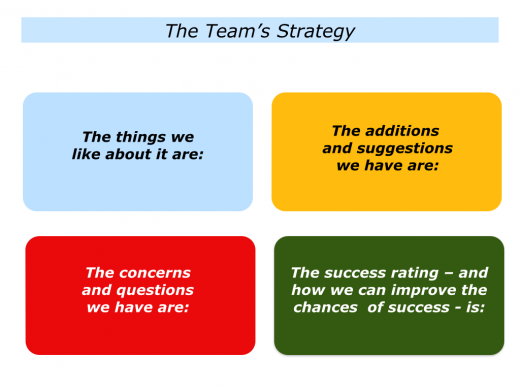
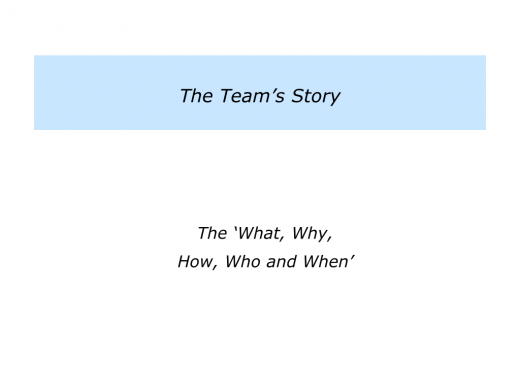
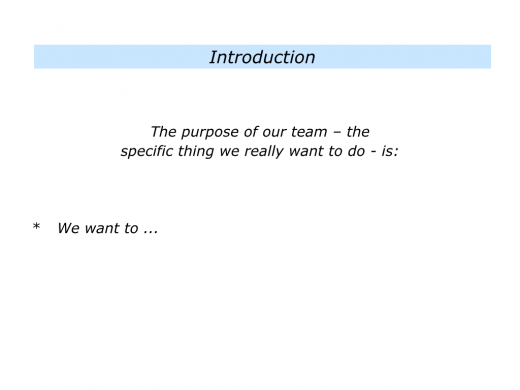
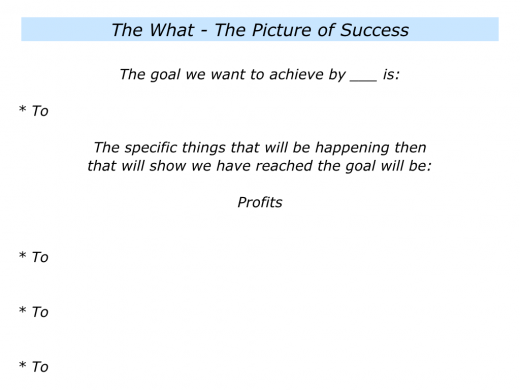
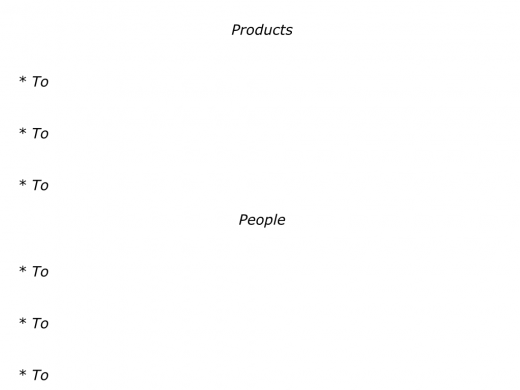
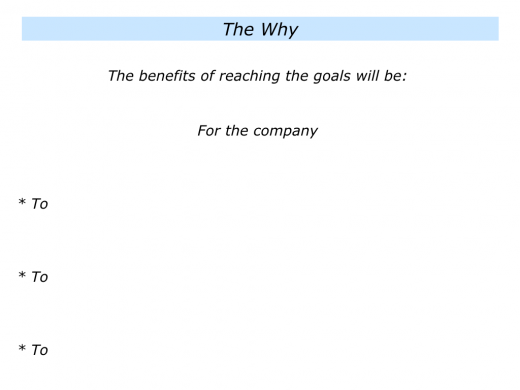
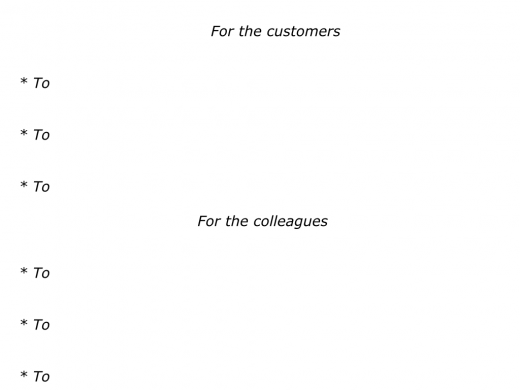
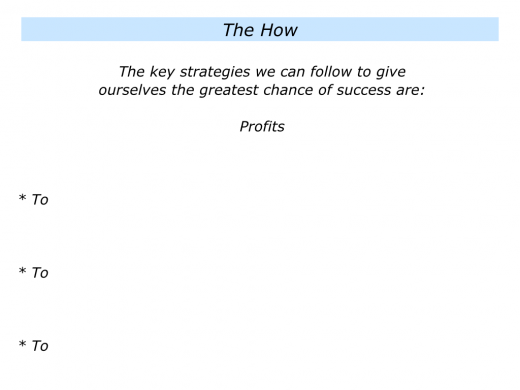
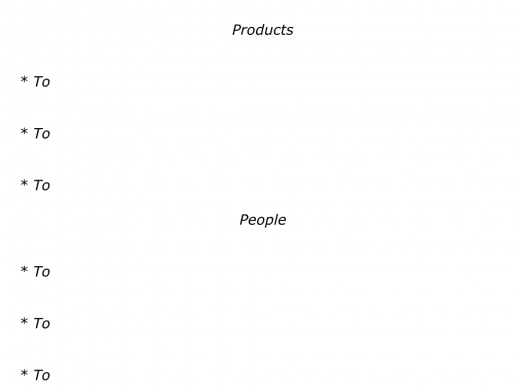
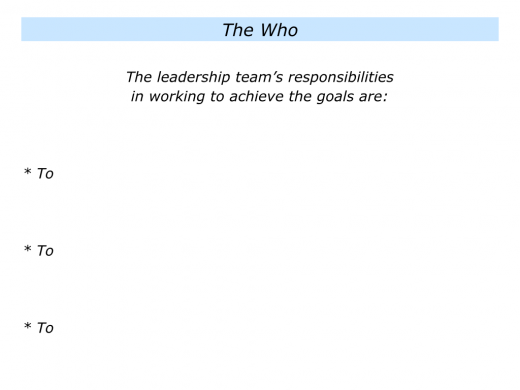
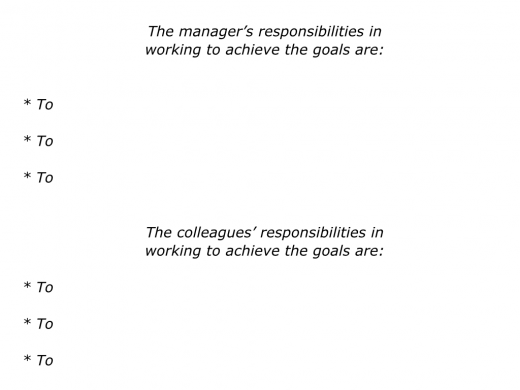
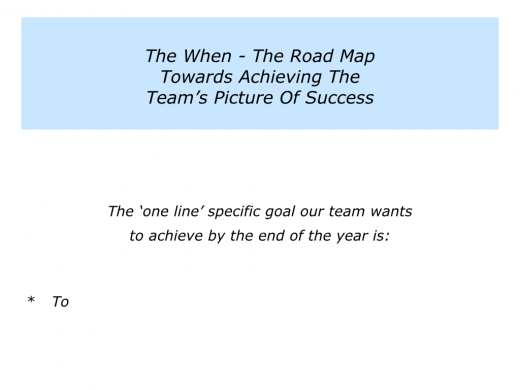
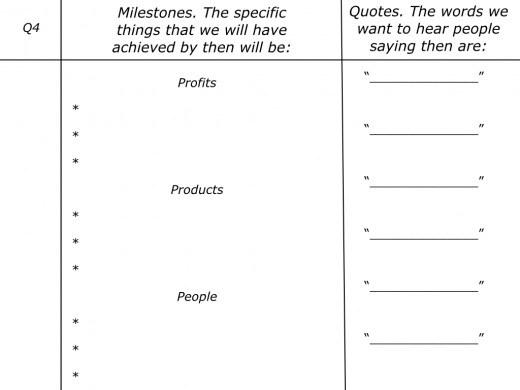
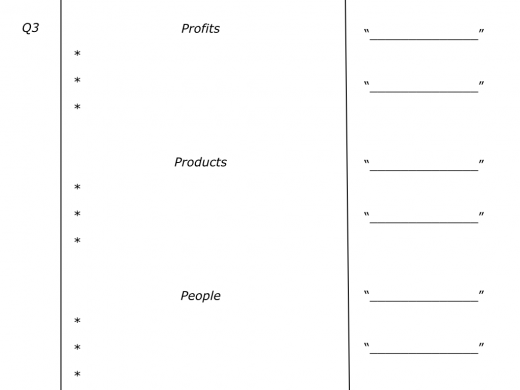
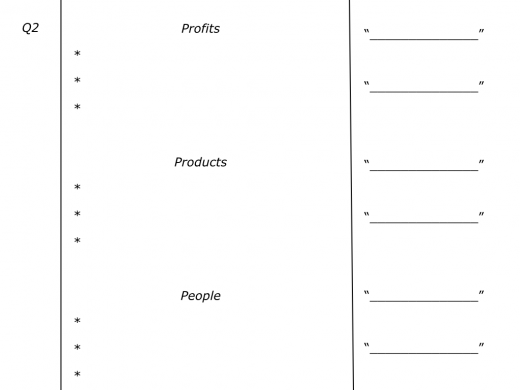
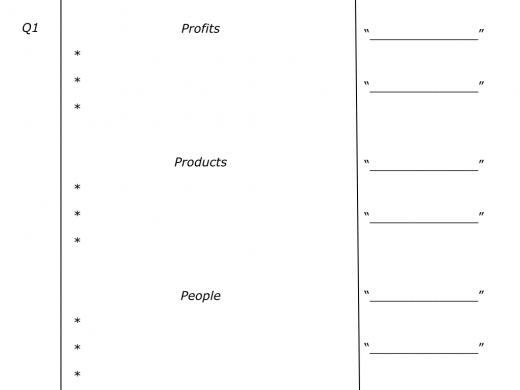
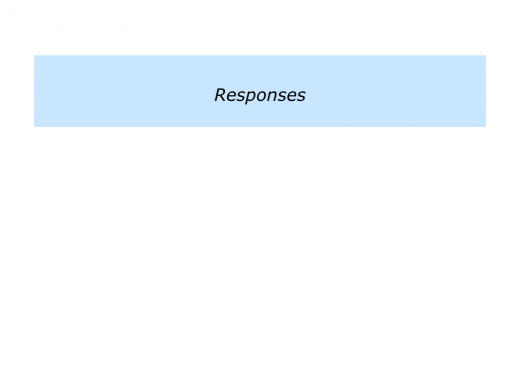

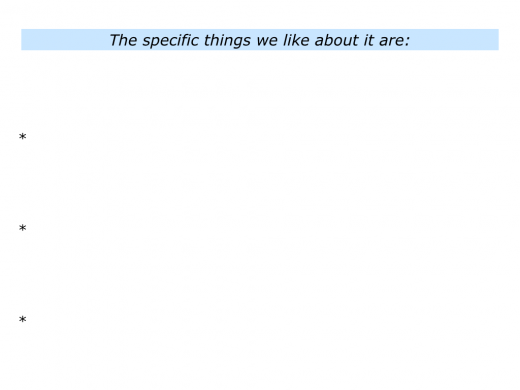
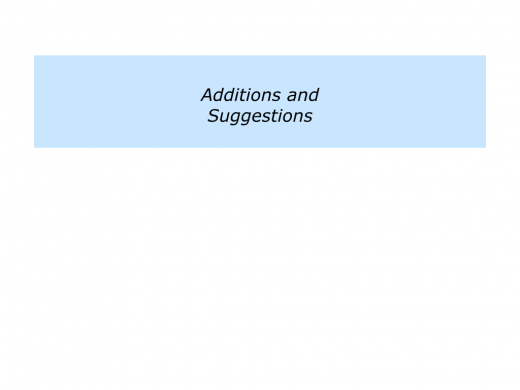
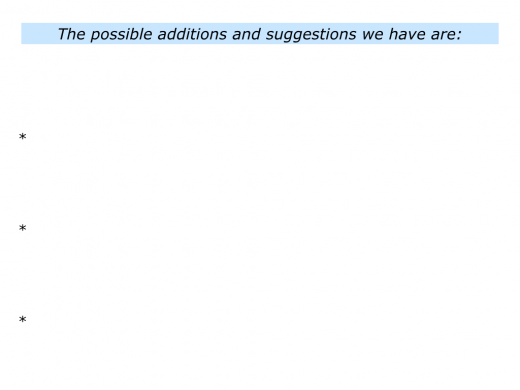
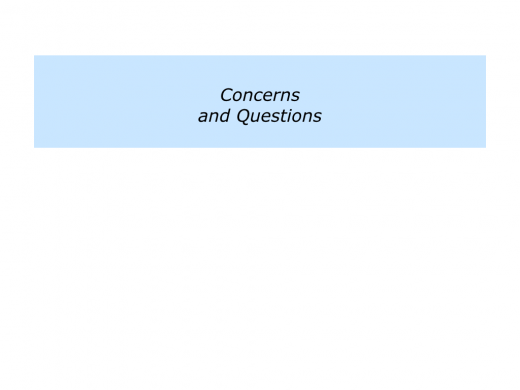
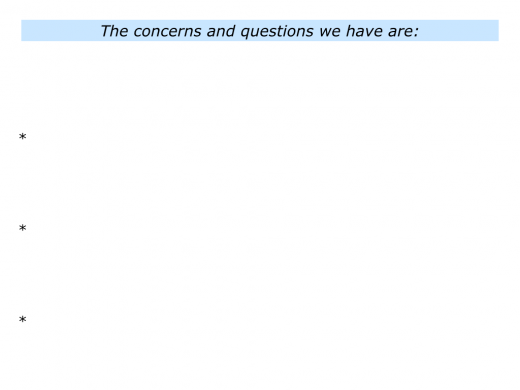
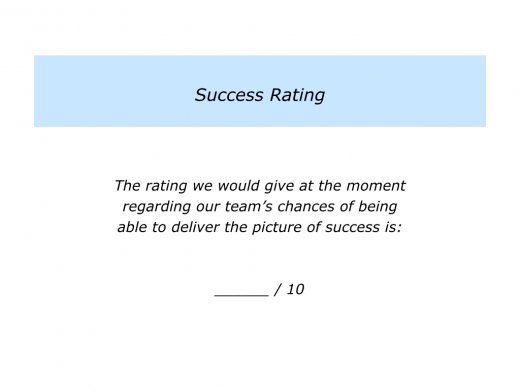
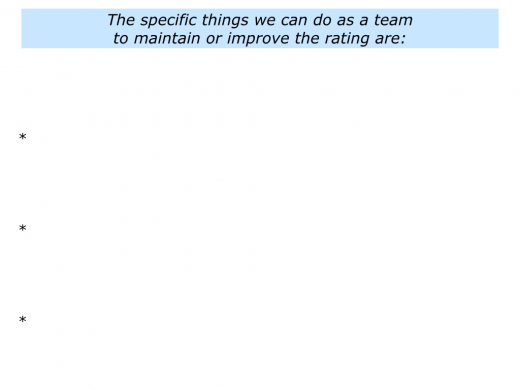




Leave a Reply